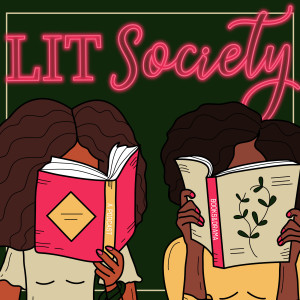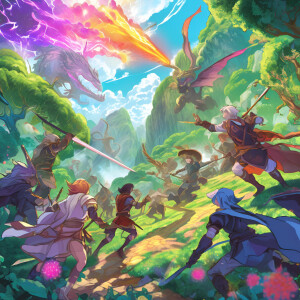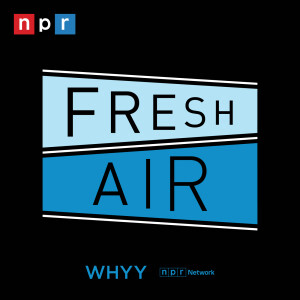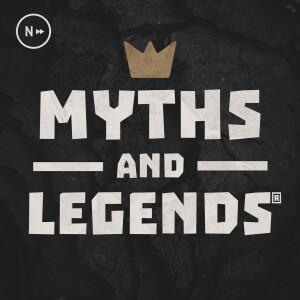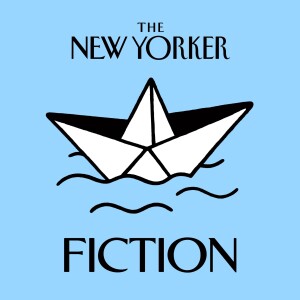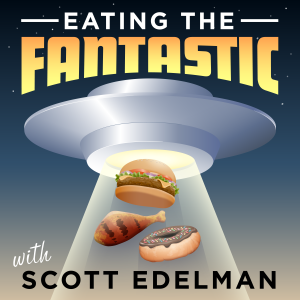

Eating the Fantastic
https://eatingthefantastic.libsyn.com/rssEpisode List
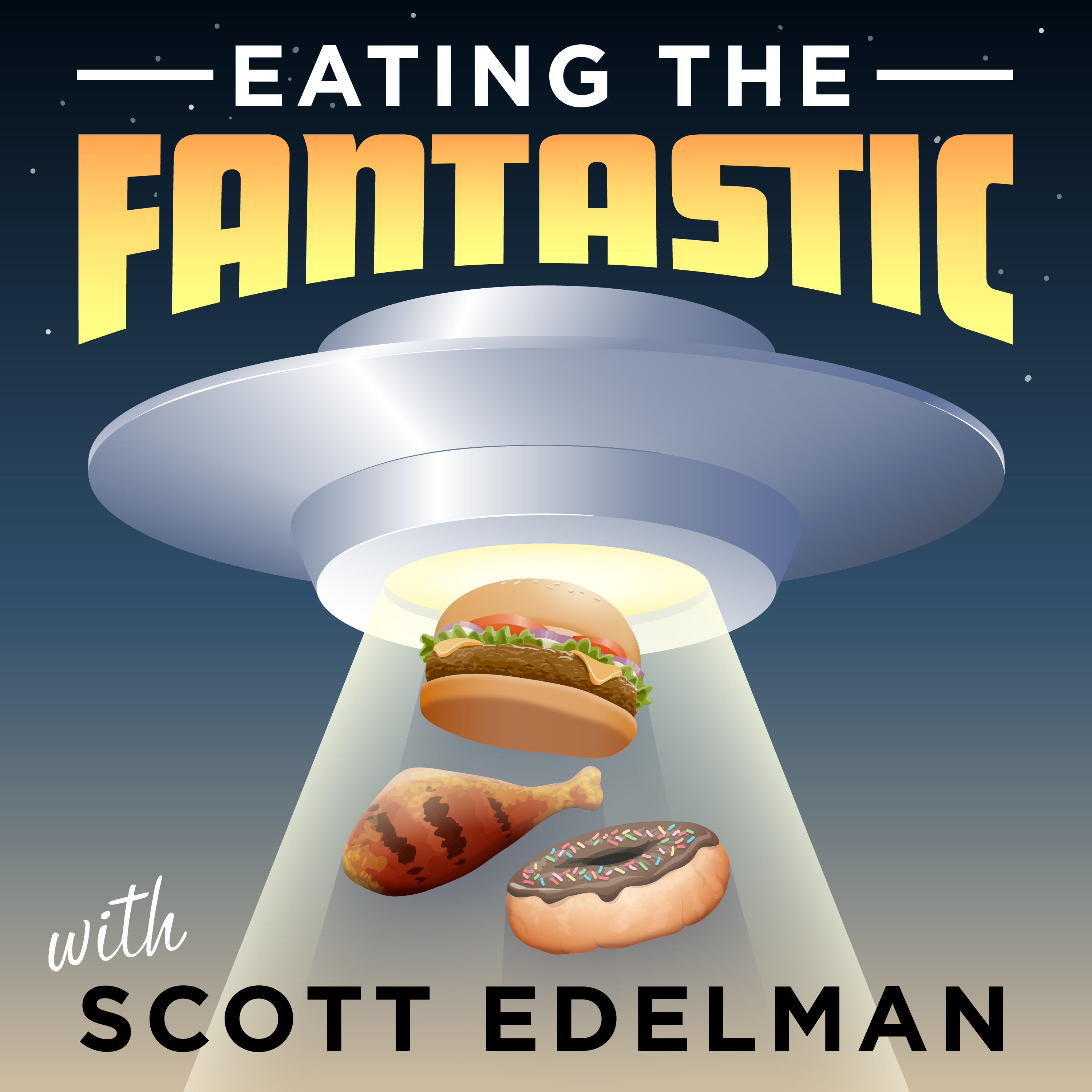
Episode 260: Benjamin Rosenbaum
Rip into a lobster roll with Benjamin Rosenbaum as we discuss the perhaps true/perhaps whimsical reason he ended up in the science fiction field rather than literary publishing, why the story he found the most difficult to sell became his most-read work, how he gamified the submission/rejection process to get into Clarion, the way all stories set in the future are being read in translation, the reason he couldn't write for a while after his first Nebula nomination, the moral and aesthetic reasons the story of Ghost and the Golem ended up as a game rather than a novel, why he believes "I am very much a child of Chip Delany," the fascinating differences between the German and English versions of his novel The Reckoning, the intricacies of turning games into novels and novels into movies, and much more.
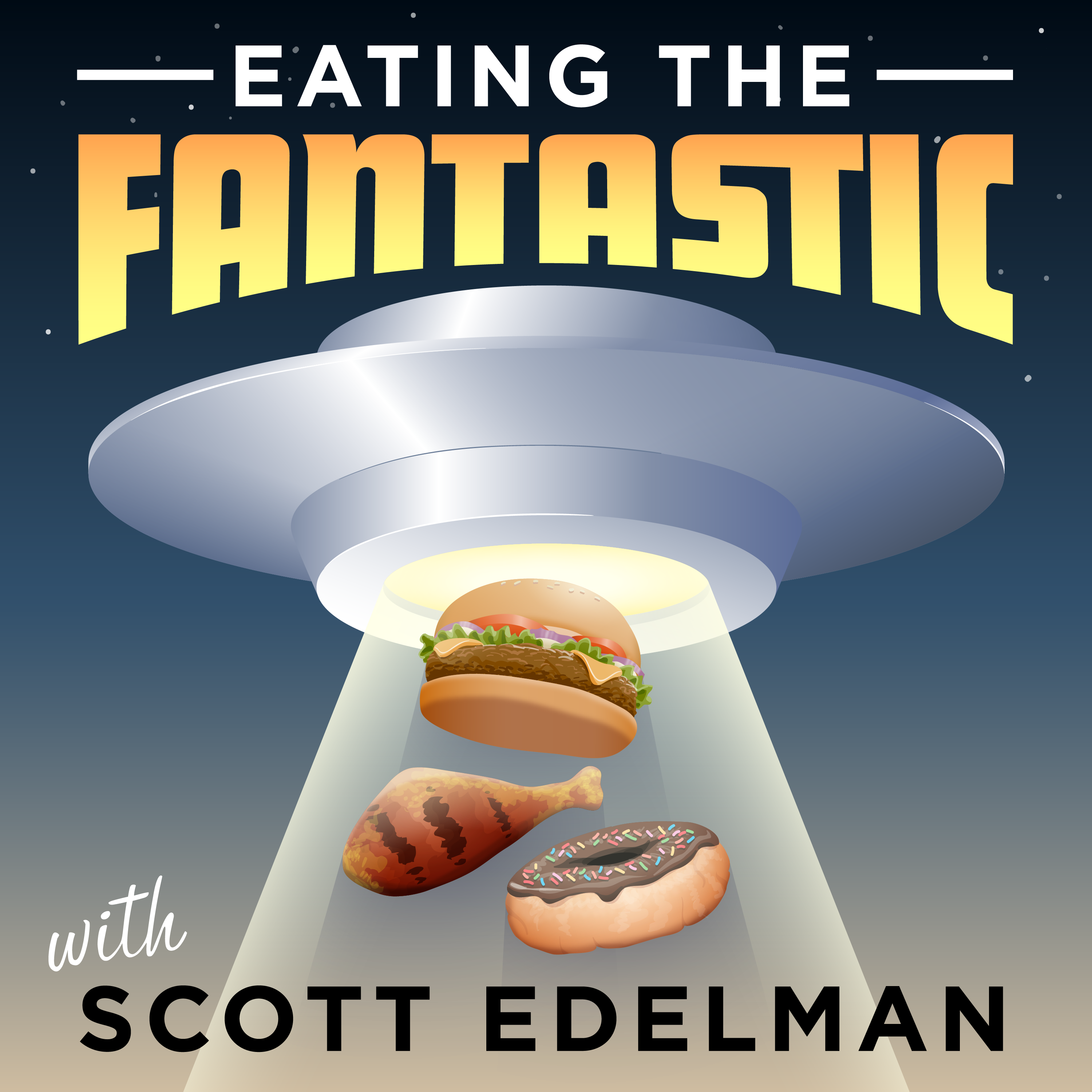
Episode 259: Curtis C. Chen
Pig out on pork belly with Curtis C. Chen as we discuss how he discovered Star Trek through the bars of his crib, how the superspy star of his Kangaroo trilogy was born, what it was like being critiqued by Pat Murphy and Ursula K. Le Guin when he was starting out, how taking voice acting lessons kickstarted his desire to write, the way to tell when it's time to quit your day job (or not), how his nearly five-years-long flash fiction story-a-week project began, his creative solution for referencing the 20th century in his future series, an intriguing exercise for writers when watching TV shows based on the written word, why he went indie for the third book in his series, and much more.
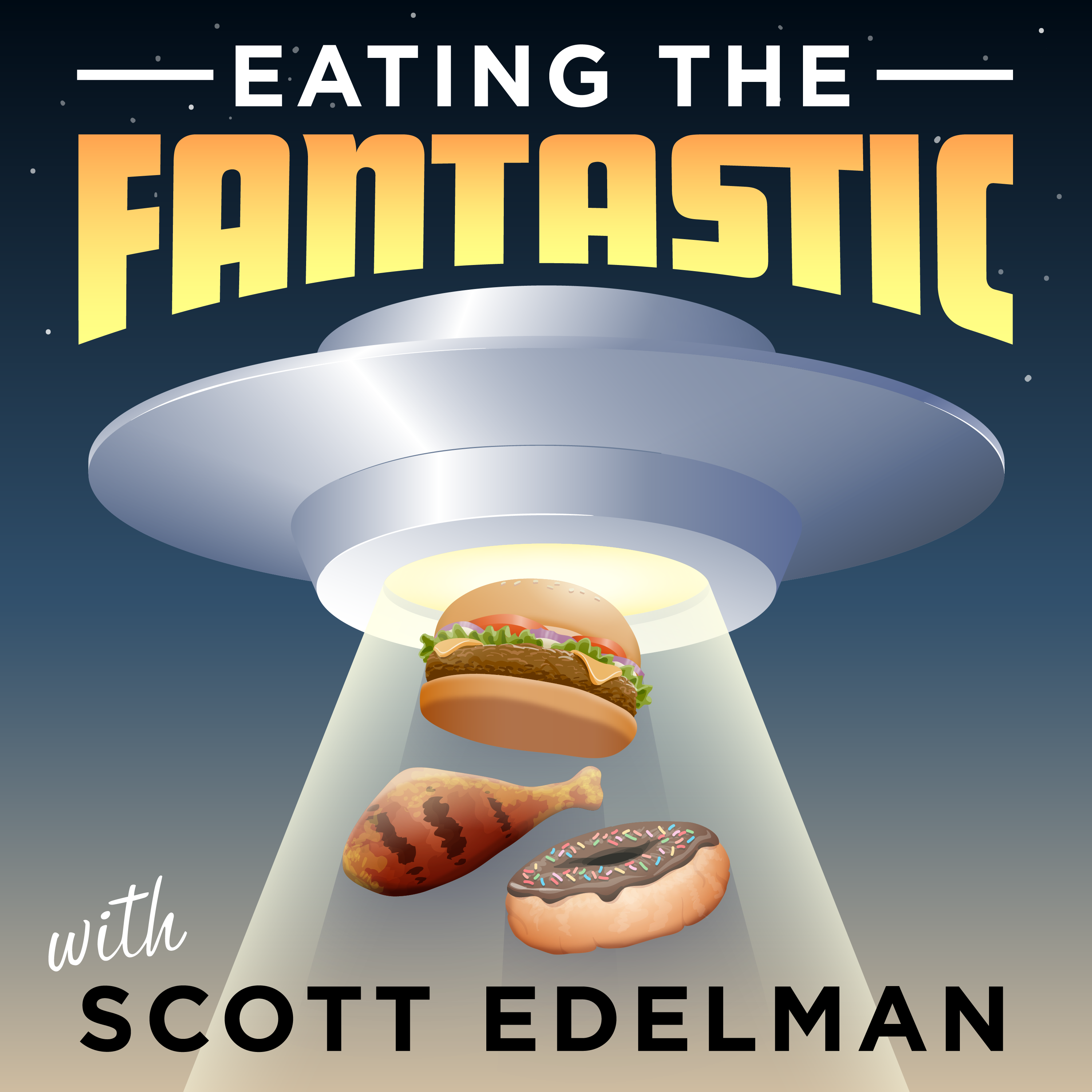
Episode 258: Aimee Ogden
Binge on burnt ends with Aimee Ogden as we discuss the YA novel origins of her new novella and the way a watermelon radish gave birth to them both, whether we agree which of her characters therein will captivate readers the most, why she believes in "productive procrastination," how having twins counterintuitively helped rather than hindered her writing output, our opposing views on plotting vs. pantsing, the Bible story she can't stop thinking about, how she chooses the next best thing to write, her secret to writing successful flash fiction, how she was able to carry on in the face of rejection, why being an editor helped her become a better writer, which Ursula K. Le Guin quote she chose as a tattoo, and much more.
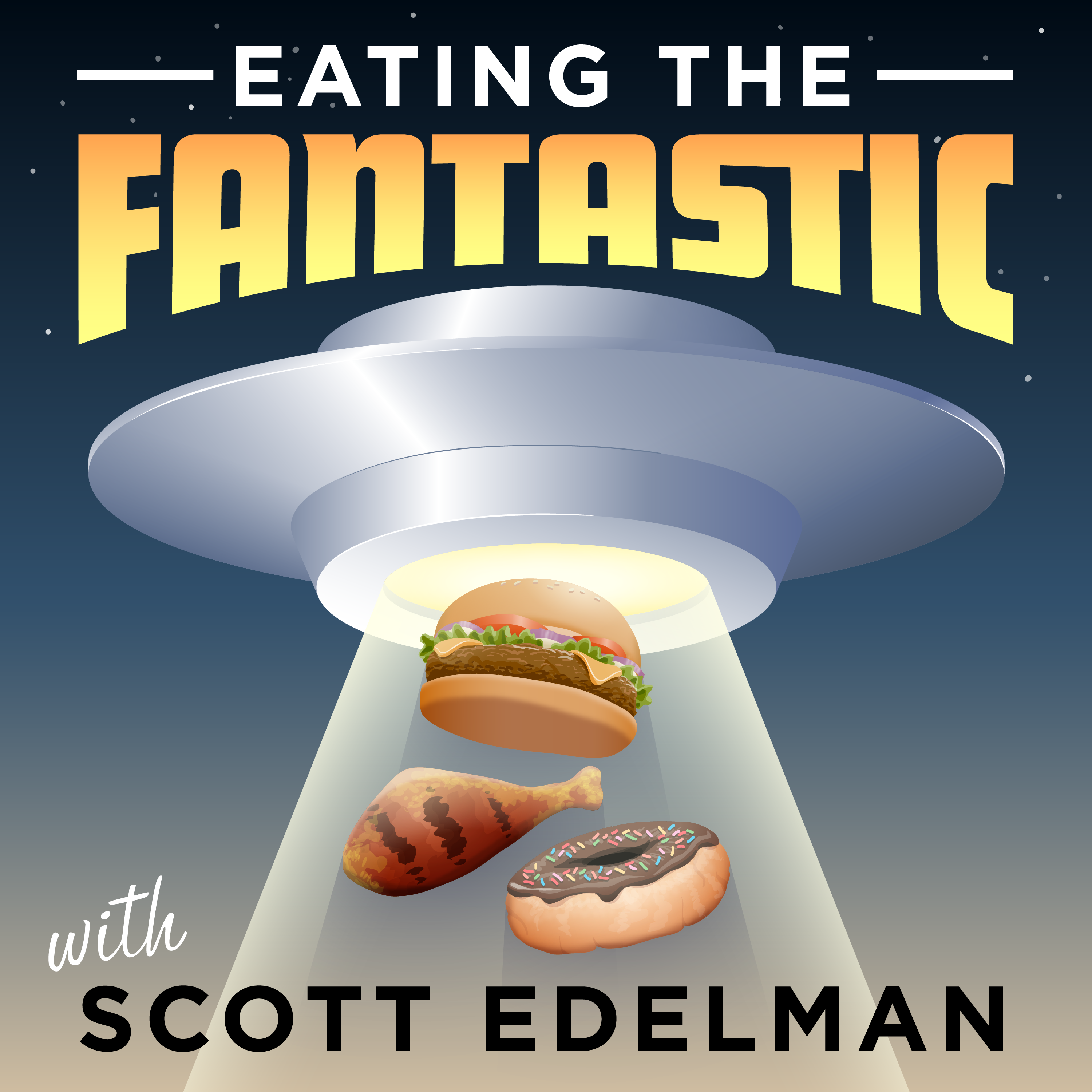
Episode 257: Samantha Mills
Devour a seafood tower with Samantha Mills as we discuss how the eighth novel she wrote became her award-winning debut novel, what she means when she says that novel was "kind of" outlined, the way fascism takes root in a society, the trickiness of writing a narrative with split timelines (and why she's never doing it again), how being an archivist helped her write about a world where archiving matters, the secret to writing believable fight scenes, her technique for switching up writing time between novels and short stories, the early influence of Xena: Warrior Princess, how years of research resulted in her award-winning short story "Rabbit Test," the way an early pregnancy test led to a worldwide frog apocalypse, navigating the difficulties of the modern short story market, the organizing principle of her upcoming collection, how she was able to power through her initial rejections, and much more.
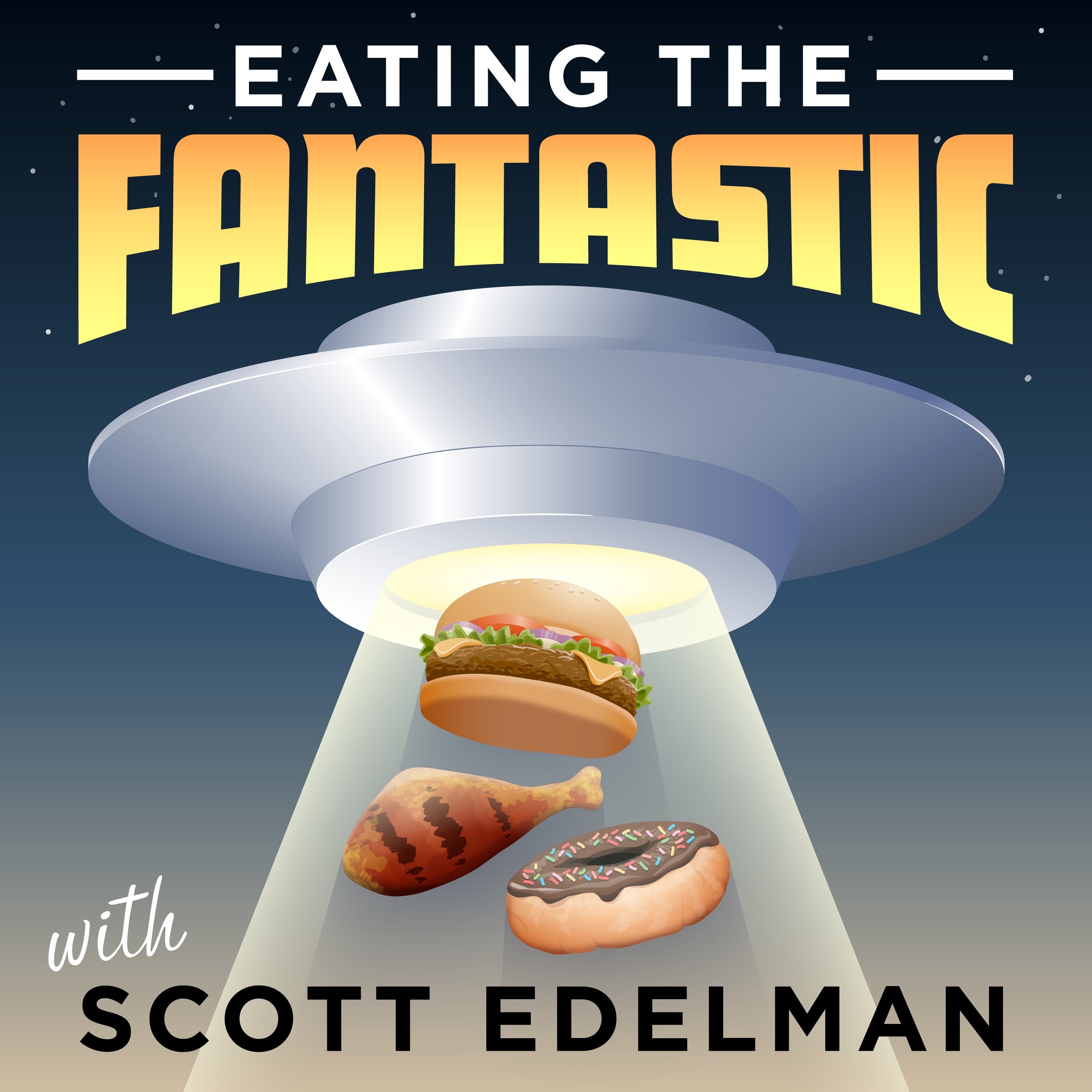
Episode 256: Silvia Moreno-Garcia
Bite into blueberry pancakes with Silvia Moreno-Garcia as we discuss how short stories helped her find her voice, the way a gross dream combined with a teen cemetery trip led to Mexican Gothic, her love for abandoned places, why she found Madame Bovary startling when she read it in high school, how to successfully write genres in which the reader is more aware of the tropes than the protagonist, the beauty to be found in flawed characters, how to make sure parallel storylines are equally interesting, one technique she admits doing which makes multiple types of readers angry, the difficulty of resisting branding, the reason the term magic realism is overused, and much more.
Create Your Podcast In Minutes
- Full-featured podcast site
- Unlimited storage and bandwidth
- Comprehensive podcast stats
- Distribute to Apple Podcasts, Spotify, and more
- Make money with your podcast

